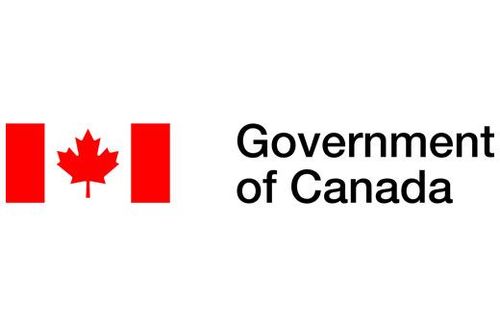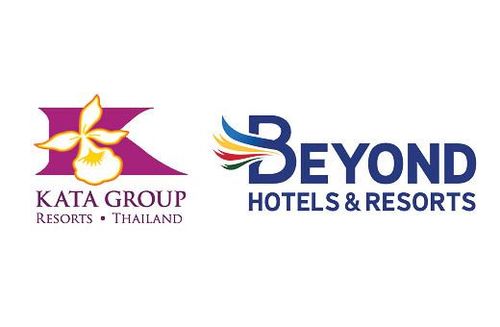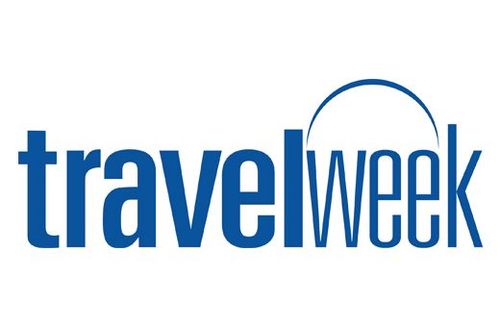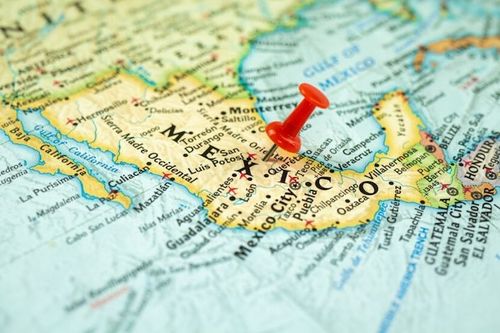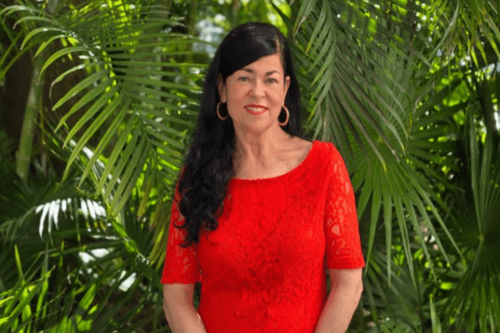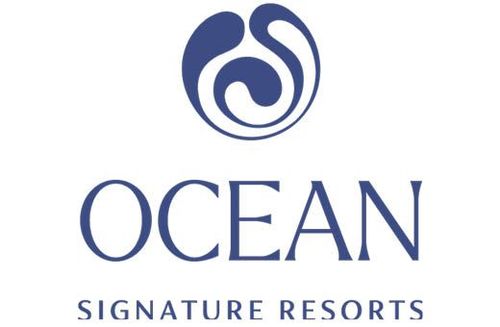Where travel agents earn, learn and save!
News / Information for COVID-19 vaccinated travellers entering Canada
Starting at 12:01 am ET on July 5, travellers may qualify for certain exemptions to quarantine and testing requirements
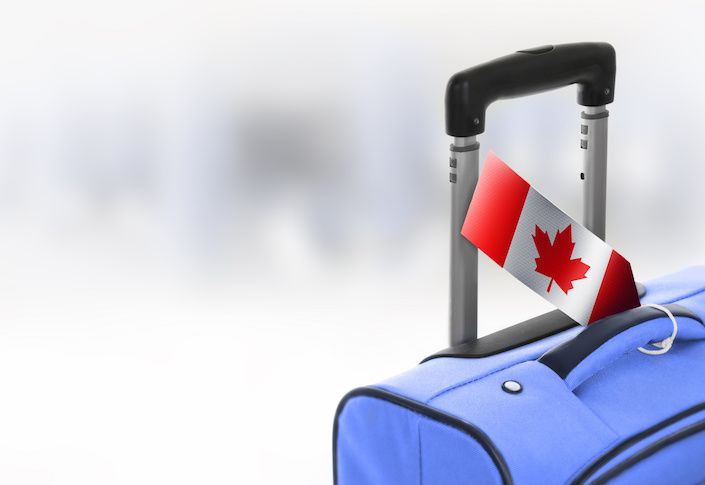
Starting at 12:01 am ET on July 5: Exemptions for fully vaccinated travellers who meet specific conditions
You may qualify for certain exemptions to quarantine and testing requirements if you:• Are eligible to enter Canada
• Are asymptomatic
• Meet the Government of Canada requirements of fully vaccinated travellers
• Meet all other entry requirements, including entering your information in ArriveCAN before arrival
Those who meet the requirements may be exempt from:
• Quarantine
• Hotel stopover (for air travellers)
• Day-8 testing requirement
Travelling with children or dependents who are not fully vaccinated:
Children under the age of 18 who are not fully vaccinated, or dependent adults who are travelling with fully vaccinated travellers:
• Must quarantine for 14 days
• Must follow all testing requirements (unless under the age of 5)
• Are not required to stay at a government-authorized hotel
Travel restrictions on who can enter Canada remain in place.
Foreign nationals (including U.S. citizens) coming to Canada for non-essential reasons will be turned away at the border.
Find out if you can enter Canada
Determine if you’re fully vaccinated
To be considered fully vaccinated, you must:• Be eligible to enter Canada
• Have received the full series of an accepted COVID-19 vaccine or a combination of accepted vaccines
• Have received your last dose at least 14 days prior to the day you enter Canada
> Example: if your last dose was anytime on Thursday July 1st, then Thursday July 15th would be the first day that you meet the 14 day condition
• Upload your proof of vaccination in ArriveCAN
Accepted vaccines:
• Pfizer-BioNTech COVID-19 vaccine
• Moderna COVID-19 vaccine
• AstraZeneca/COVISHIELD COVID-19 vaccine
• Janssen (Johnson & Johnson) COVID-19 vaccine - single dose
Vaccines not currently accepted for fully vaccinated status in Canada:
• Bharat Biotech (Covaxin, BBV152 A, B, C)
• Cansino (Convidecia, Ad5-nCoV)
• Gamalaya (Sputnik V, Gam-Covid-Vac)
• Sinopharm (BBIBP-CorV, Sinopharm-Wuhan)
• Sinovac (CoronaVac, PiCoVacc)
• Vector Institute (EpiVacCorona)
• Other
The list of accepted vaccines may expand in the future.
If you received your vaccines outside Canada, it’s still accepted but proof of vaccination must be uploaded digitally in ArriveCAN and must only be in French or English, or certified translation into French or English.
Entry requirements for the fully vaccinated exemption
Fully vaccinated travellers must follow the entry requirements:• Pre-entry testing for travellers
Quarantine plan
You must have a suitable quarantine plan where you can stay for at least 14 days. This is required even if you are seeking the fully vaccinated exemption.
Final determination is made by a government representative at the border based on the information presented at the time of entry into Canada. You must therefore be prepared to quarantine for 14 days, in case you:
• Are symptomatic
• Don’t meet the requirements
If you don’t meet the requirements, you’ll be asked to follow the instructions provided by the government representative.
If you meet all the requirements, you won’t need to complete the federal quarantine.
Provinces and territories may have their own border measures as well as public health guidelines, so it’s important that travellers check for the most up-to-date travel requirements for the province or territory of destination.
Provincial and territorial restrictions
Arrival testing
Register in advance for your test to save time at the border.
Follow the instructions provided to you upon entry to Canada to complete your arrival (day 1) test. Airports and some land borders have on-site testing or sample observation services where you can complete your test before continuing on to your destination.
If you receive a home test kit instead, complete it on the day you arrive and send it to the lab following the instructions provided.
If your arrival test is negative:
• Follow local public health measures
• Maintain a list of all close contacts for your first 14 days in Canada
• Keep copies of your proof of vaccination for 14 days
If your arrival test is positive:
• Isolate yourself from others right away
• You will be contacted by your local public health authority
• Follow their instructions
• Keep copies of your proof of vaccination for 14 days
Proof of vaccination
You must use ArriveCAN to enter your proof of vaccination, quarantine and travel information.
The new version of ArriveCAN will be released on July 5, 2021. You will not be able to upload your proof of vaccination into ArriveCAN until that time.
If you don’t provide the required information in ArriveCAN before arriving at the border you won’t be considered for the exemption, even if you meet all the other requirements.
If you meet the exemption, you may receive notifications from ArriveCAN; however, you won’t be required to complete daily reporting.
Providing proof of your vaccination
In ArriveCAN, you must provide:• The details of your first dose (date, country and vaccine you received)
• The details of your second dose if one was required (i.e., for Pfizer, Moderna, and AstraZeneca vaccines)
• A photo or PDF file of the record of each dose of your vaccination, such as receipts, cards, or confirmations:
> If you received two doses and they are both recorded on a single card or PDF, upload that same image or file for dose 1 and again for dose 2
> File formats accepted: PDF, PNG, JPEG or JPG
> Maximum file size for upload: each image upload has a 2 MB size limit
• Preferred file format: if you received a PDF file of your vaccination record, upload the PDF rather than an image, since the PDF is clearer and easier to read
• These must be in English, French, or a certified translation into English or French
Providing a certified translation if your proof is not in French or English:
If your proof of vaccination is not in English or French, do not upload it into ArriveCAN. Instead, you need to upload a certified translation in English or French.
Keep both the original proof of vaccination and the certified translation with you while you travel. Canada only accepts translations by a certified translator.
Your certified translation must include the stamp or membership number of a professional translation association.
If your proof of vaccination doesn’t meet all of the requirements it will be considered invalid and you will be required to:
• Stay at government-authorized hotel to await the results of your arrival test before continuing on to your place of quarantine (if arriving by air)
• Complete a quarantine period of at least 14 days
• Complete a second test on day 8 of your quarantine
Final determination of your vaccination status will be made at the border. You must bring a digital or paper copy of your proof(s) of vaccination with you.
Use ArriveCAN on or after July 5 - download the mobile app or sign in online.
No exceptions for partially-vaccinated travellers
At this time, there are no exemptions from testing, hotel stopover or quarantine for travellers who haven't received the full series of a vaccine or a combination of vaccines accepted by the Government of Canada.
For more up-to-date information, please visit travel.gc.ca.
More Travel News:
Porter finalizes loan agreement with federal government
Council adds 10 countries and one entity/territorial authority to the list of countries for which
travel restrictions should be lifted
TIAC Tourism Advocacy Update
AMResorts keeping agent appreciation events going through fall



